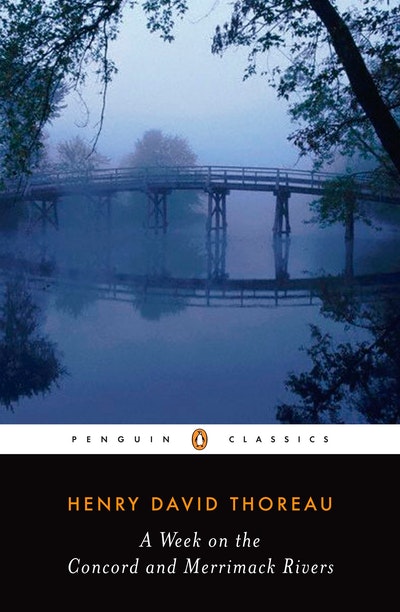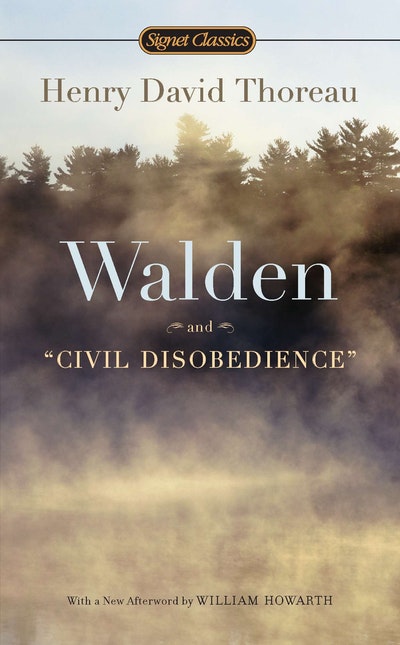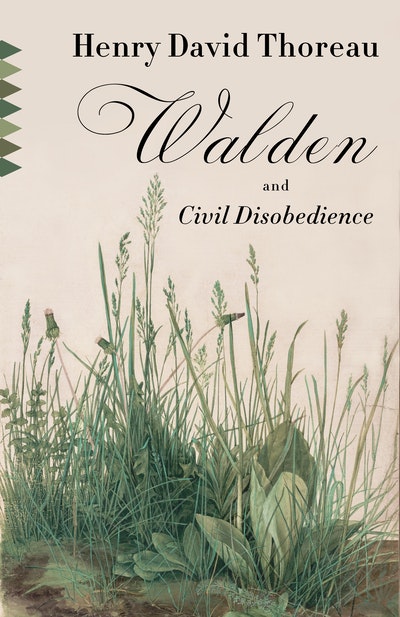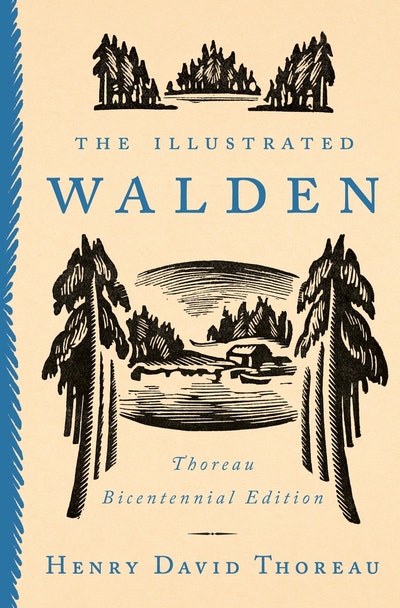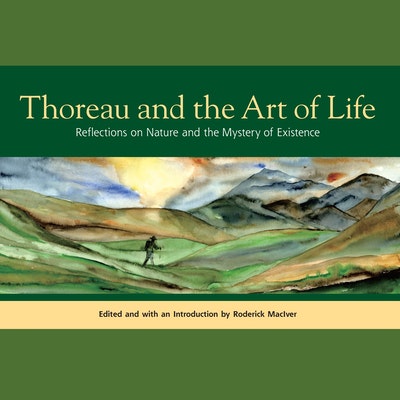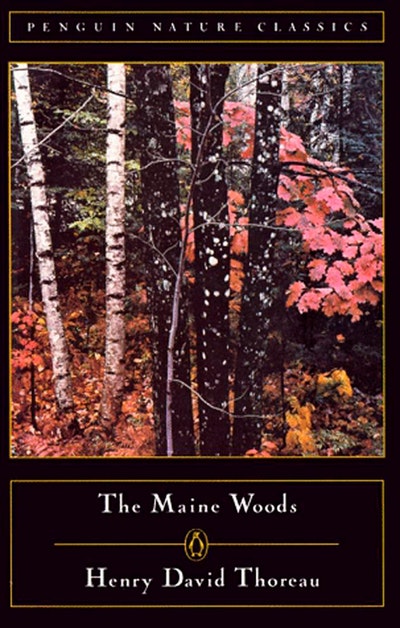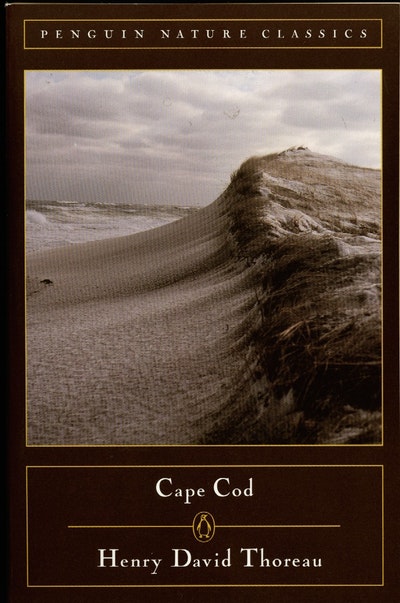Henry David Thoreau was born in 1817 in Concord, Massachusetts, the town where he would live for most of his life. Along with Ralph Waldo Emerson, he is the most famous of the American Transcendentalists, a group of philosophical thinkers who frequently explored the relationship between human beings and the natural world. He was educated at Harvard, and over the course of his life took on a number of different occupations, including lead-pencil maker, schoolteacher and surveyor.
Thoreau was outspokenly critical of the American government, fervently opposed to slavery, and an advocate of passive resistance. Whilst Walden (1854) is his best-known work, his 1849 essay ‘Civil Disobedience’ has inspired non-violent political activists the world over, including Mahatma Ghandi and Martin Luther King Jr, and his nature writings are considered ground-breaking works in ecology. He died in his hometown of Concord in 1862.
